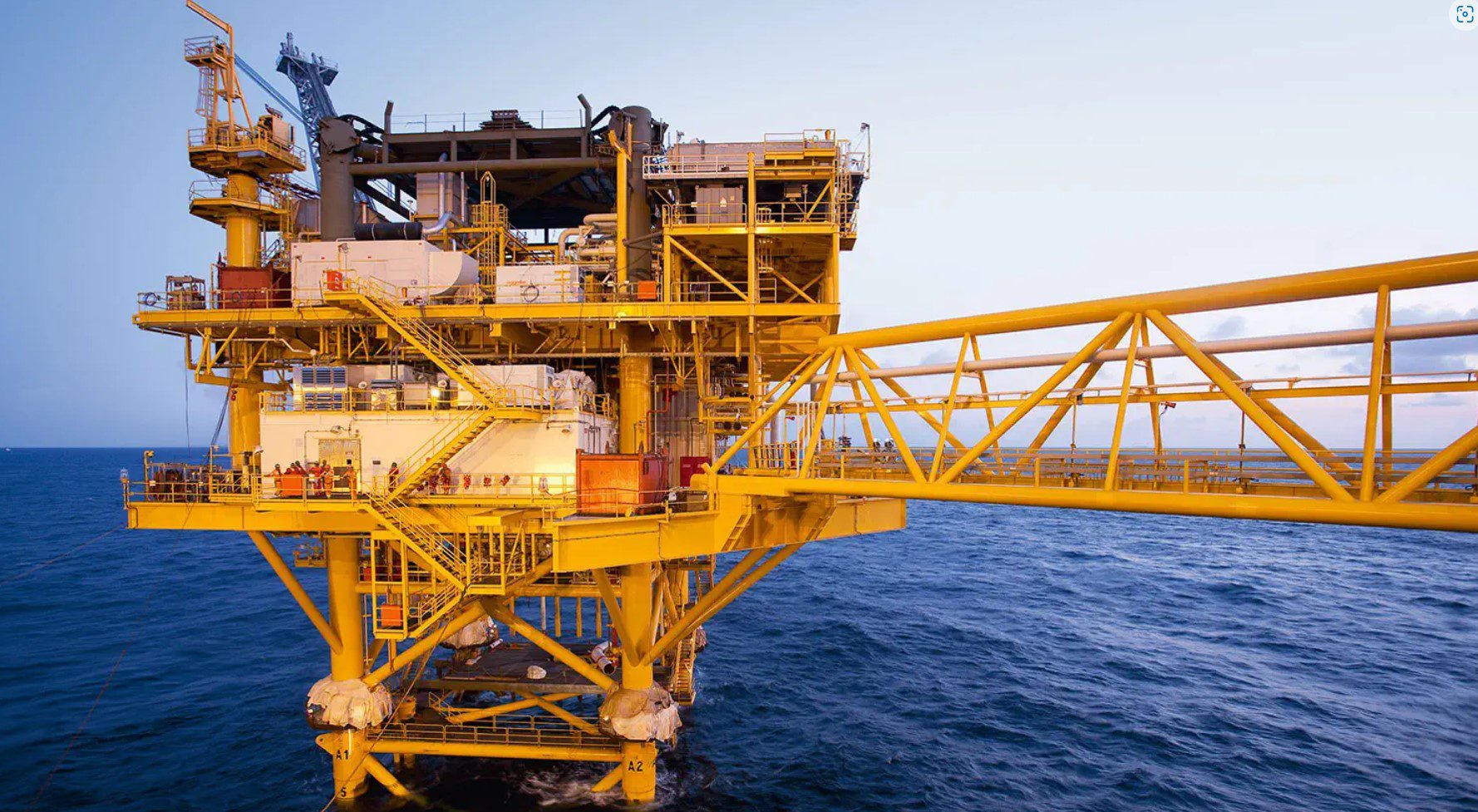Trinidad and Tobago’s model deepwater production sharing contract (PSC) offers attractive incentives to international oil companies (IOCs). All royalties, taxes and other levies are paid for out of the Government’s share of Profit Petroleum, which remains after costs are recovered up to a ceiling of 80%.
The effective waiver of royalty is outlined in Section 21.5 of the model PSC which states, “The Minister shall pay on behalf of the Contractor, out of the Government’s share of Profit Petroleum referred to in Article 18.14, the Contractor’s liability under applicable law for petroleum impost, petroleum profits tax, supplemental petroleum tax, petroleum production levy, green fund levy, unemployment levy and any other taxes or impositions whatsoever measured upon income or profits arising directly from the Petroleum Operations under this Contract.”
At section 21.9, it states “the Minister shall save the contractor…from all other payments to or levies by the treasury or the Government whether or not existing at the date of this Contract, including but not limited to royalty…”
Guyana’s 2016 production sharing agreement (PSA) sees ExxonMobil, Hess and CNOOC paying a royalty of 2% on all petroleum produced and sold. This cost to the co-venturers is not being recovered. Contracts with other operators offshore Guyana carry a similar provision, but none of the few discoveries made outside of the Stabroek Block has been determined commercial.
Cost recovery for Trinidad is provided for in Section 18.7 of its model PSC, which states, “… Contractor shall recover costs and expenses duly verified in accordance with Article 17 of the Contract in respect of the Petroleum Operations hereunder to the extent of and out of eighty per cent (80%) of all Available Crude Oil and/or all Available Natural Gas from the Contract Area…”
Over in Guyana, the Stabroek PSA allows Exxon and its partners to recover costs up to a ceiling of 75%. The remainder is split 50/50 between government and contractor.
In Trinidad, the deepwater profit split is determined based on production volume tiers and up to four crude oil price classes.
The terms of Trinidad’s model PSC were applicable for that country’s deepwater bid round which ended earlier this month. Out of 17 deepwater blocks up for auction, only four received bids. The bid round had closed on the final day of the Trinidad and Tobago Energy Conference on June 2. During the conference, Prime Minister Dr. Keith Rowley said the country would look to revise its offshore taxation and royalty terms to court more investors.
Guyana’s fiscal regime for the Stabroek Block has been criticized as being too favourable to ExxonMobil, Hess and CNOOC. However, Norway based Rystad Energy has said it falls in the middle when compared to other upcoming oil and gas producing countries such as Mozambique, Israel, Tanzania, Mauritania, Suriname, and the Falkland Islands.
“We find the current fiscal regime in Guyana to be in line with other emerging oil and gas countries,” Sonya Boodoo, Vice President of Upstream Research at Rystad Energy has said. “As Guyana firms up its credentials as an attractive upstream destination, we expect that new awards of production sharing agreements will likely stipulate revised fiscal parameters, with the higher government take.”




